Keywords: Religious Media
There are more than 200 results, only the first 200 are displayed here.
-
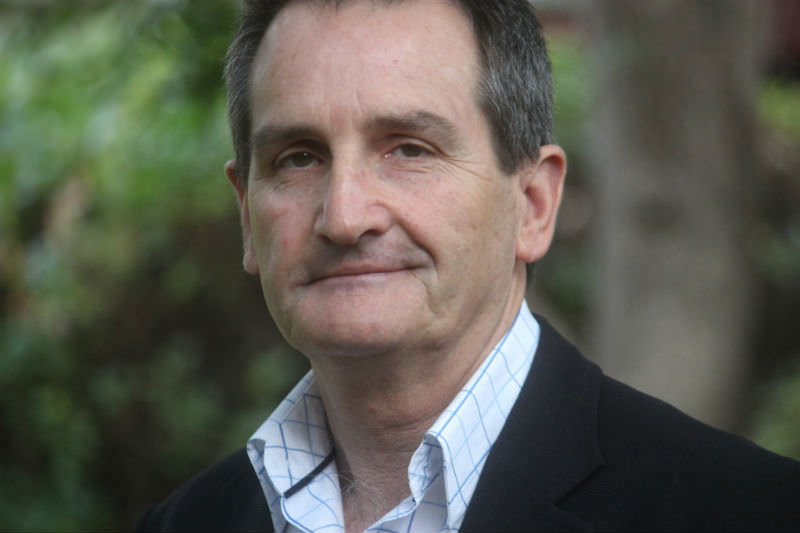
RELIGION
- Fatima Measham
- 24 January 2018
19 Comments
Fatima Measham speaks with Francis Sullivan, CEO of the Truth Justice and Healing Council, to reflect on the journey since the Royal Commission was first announced in November 2012 and to consider what are the next steps for the Church.
READ MORE 
-
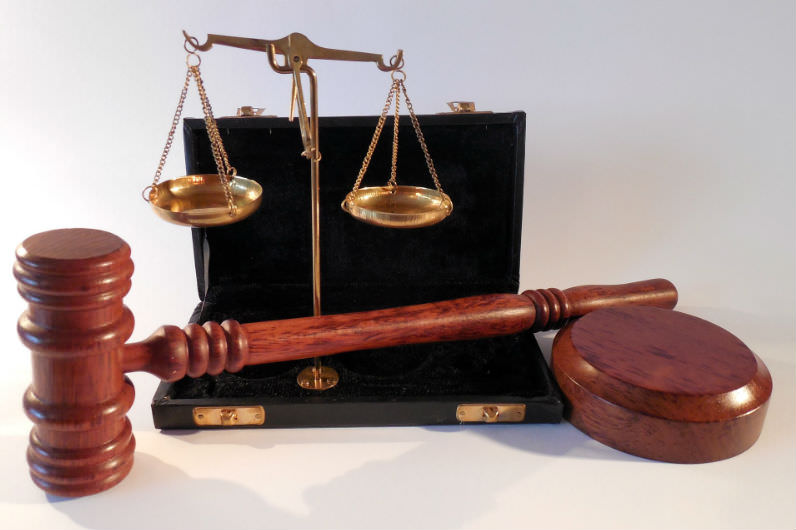
AUSTRALIA
- Andrew Hamilton
- 23 January 2018
12 Comments
Alarm at supposed youth gangs in Australia is not new. But the current response to claimed Sudanese gangs has a fresh and disturbing aspect: the attack by politicians and their media allies on judges and magistrates for lenient sentences and the granting of bail. Such attacks have harmful consequences.
READ MORE 
-
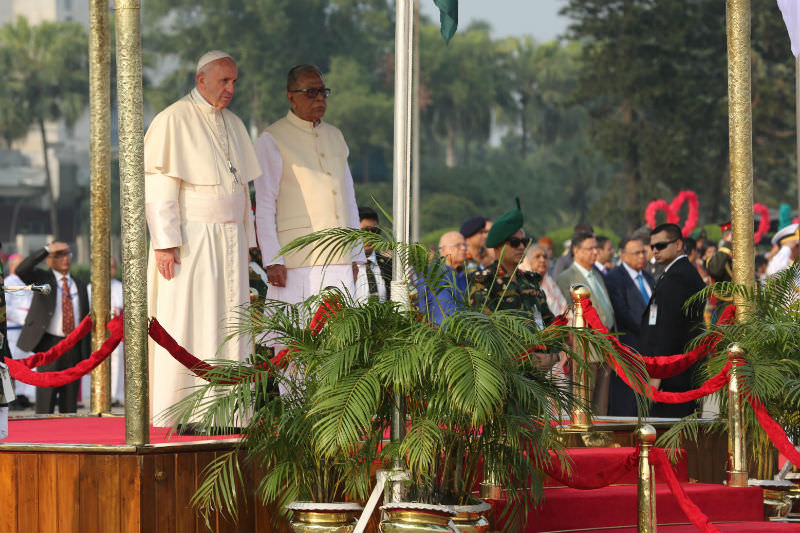
INTERNATIONAL
- Michael Kelly
- 03 December 2017
17 Comments
Francis' approach to the religious differences in Myanmar and Bangladesh models something of universal significance for the Catholic Church. If, in the 21st century, the Church in Asia is generations from its colonial foundations, it is also well aware of its minority status and its need to live well with fellow citizens who are religiously different.
READ MORE 
-
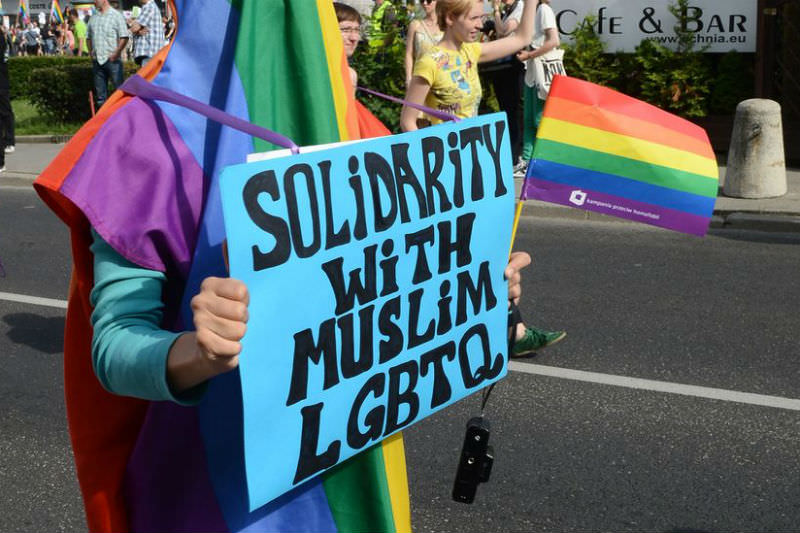
AUSTRALIA
- Irfan Yusuf
- 17 November 2017
17 Comments
During the month of Muharram, the No message was being handed out at mosques and spoken from the pulpits. Yet many Muslims voted Yes not because we wanted to reinvent the Islamic idea of marriage, but because the scriptures teach that we should stand up for justice even if it goes against our families and ourselves.
READ MORE 
-
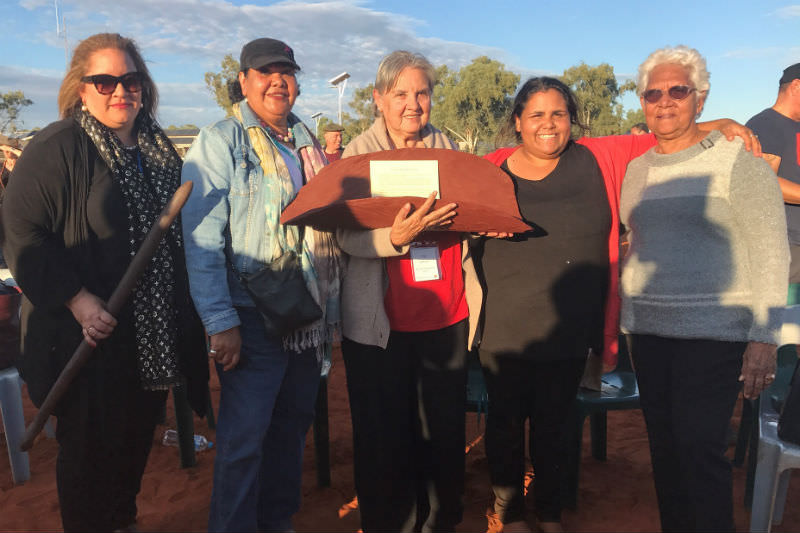
AUSTRALIA
- Anastasia Moore
- 02 November 2017
8 Comments
Why go to the trouble of gathering all the great minds to discuss the issue of recognition, giving hope to a great many people, only to determine the idea 'too ambitious'? What right does Turnbull have to predetermine what Australians will or won't accept? This question could be put to Australians in a referendum.
READ MORE 
-
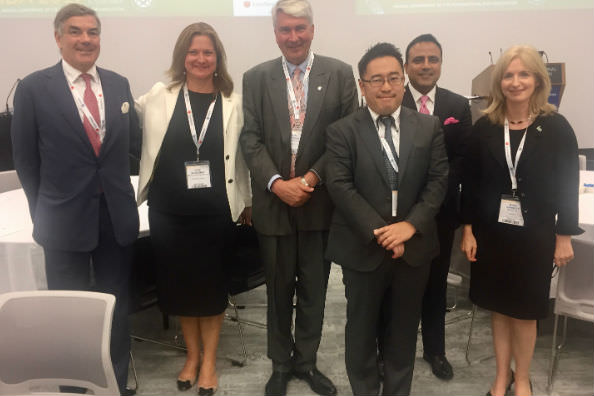
INTERNATIONAL
- Frank Brennan
- 12 October 2017
In the 16th century it was the Dominican friars like Vitoria, Las Casas and Montesino in Salamanca who confronted the state and challenged public opinion about the rights of the indigenous peoples in Spain's newly colonised lands. Not even the most nostalgic and forgiving Jesuit would opine that the modern practitioners of Morality with a capital M challenging the powers of the market and the state would be found in a modern monastery.
READ MORE
-
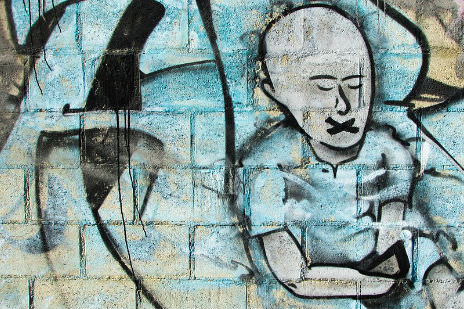
MEDIA
- Ruby Hamad
- 21 September 2017
15 Comments
In a liberal democracy, the media's most essential function is to serve the public interest. This includes providing information so that the public can make informed decisions. In order to do so, journalists must decide what is in the public interest and why. 'Balanced' coverage of, for example, damaging aspects of the marriage equality No campaign does not fit these criteria.
READ MORE 
-

AUSTRALIA
- Brian McCoy
- 28 August 2017
20 Comments
Richardson said that during a visit to Balgo, 'The real shock was that the women could not leave the children at home with the men because sexual assault was so common.' Community members find it very difficult to discuss publicly issues of shame involving others with whom they closely live. It takes time to build up trust.
READ MORE 
-
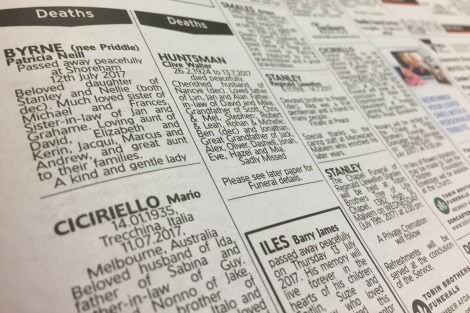
ARTS AND CULTURE
I read the obituaries every Sunday. Maybe as a writer I enjoy the stories people leave behind. I think too, that in this age of fake news, angry politics and incessant streams of information, the obits offer a slice of realism. One small headshot and a two inch long bio. That is all that remains of us in the end. You might think that perusing the obituaries would be depressing. But for me, it's invigorating. It's energising. It renews my faith in humanity.
READ MORE 
-
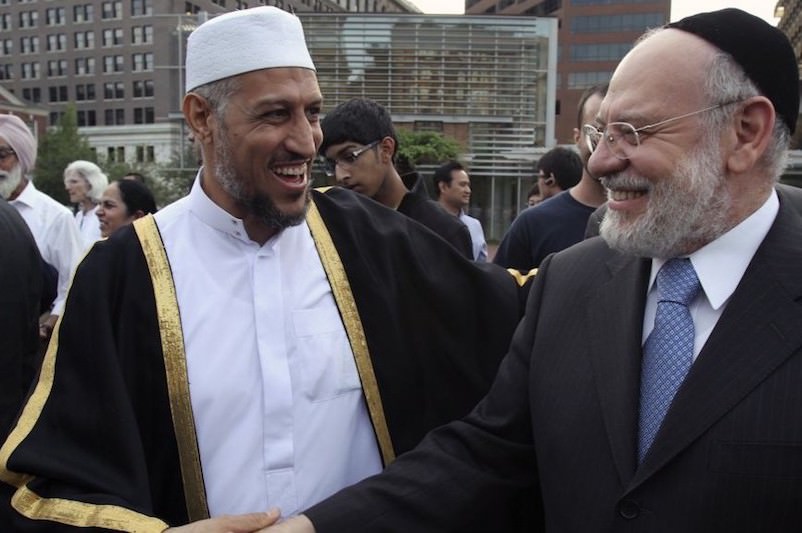
RELIGION
- Rachel Woodlock
- 21 July 2017
12 Comments
Because we are a multicultural and multi-religious society, we do not impose a singular moral or religious code on everyone. Believers can follow their faith’s code of living voluntarily. But if they choose to enter public debate about legislation on questions that affect everybody, they must construct their arguments based on reasoning acceptable to non-believers.
READ MORE 
-
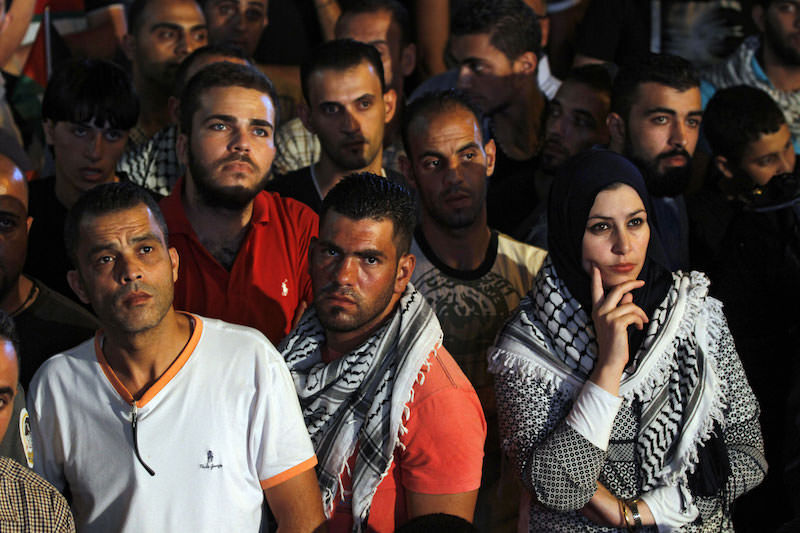
INTERNATIONAL
- Na'ama Carlin
- 20 July 2017
22 Comments
Speak out against Israeli policies towards Palestinians and you are betraying fellow Jews. This narrative is common, and we see it today in relation to human rights organisations in Israel. It is not new. The same thing occured decades ago, when scholar Gershom Scholem accused Hannah Arendt, the author of Eichmann in Jerusalem, of lacking 'love of the Jewish people'.
READ MORE 
-
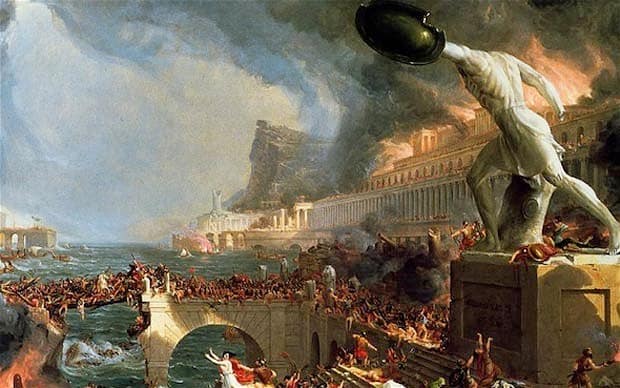
AUSTRALIA
- Andrew Hamilton
- 19 July 2017
21 Comments
Paul Kelly in the Australian makes the case that the decline in Christian faith made evident in the recent Census is in large measure responsible for the widespread loss of trust in the political system throughout the West. There are inevitable limitations to such broad brush arguments. Lack of trust in politics and institutions is not new. From the Roman Empire to contemporary China authorities who do not ensure an adequate supply of bread to their citizens can expect to meet distrust, unrest and replacement.
READ MORE 